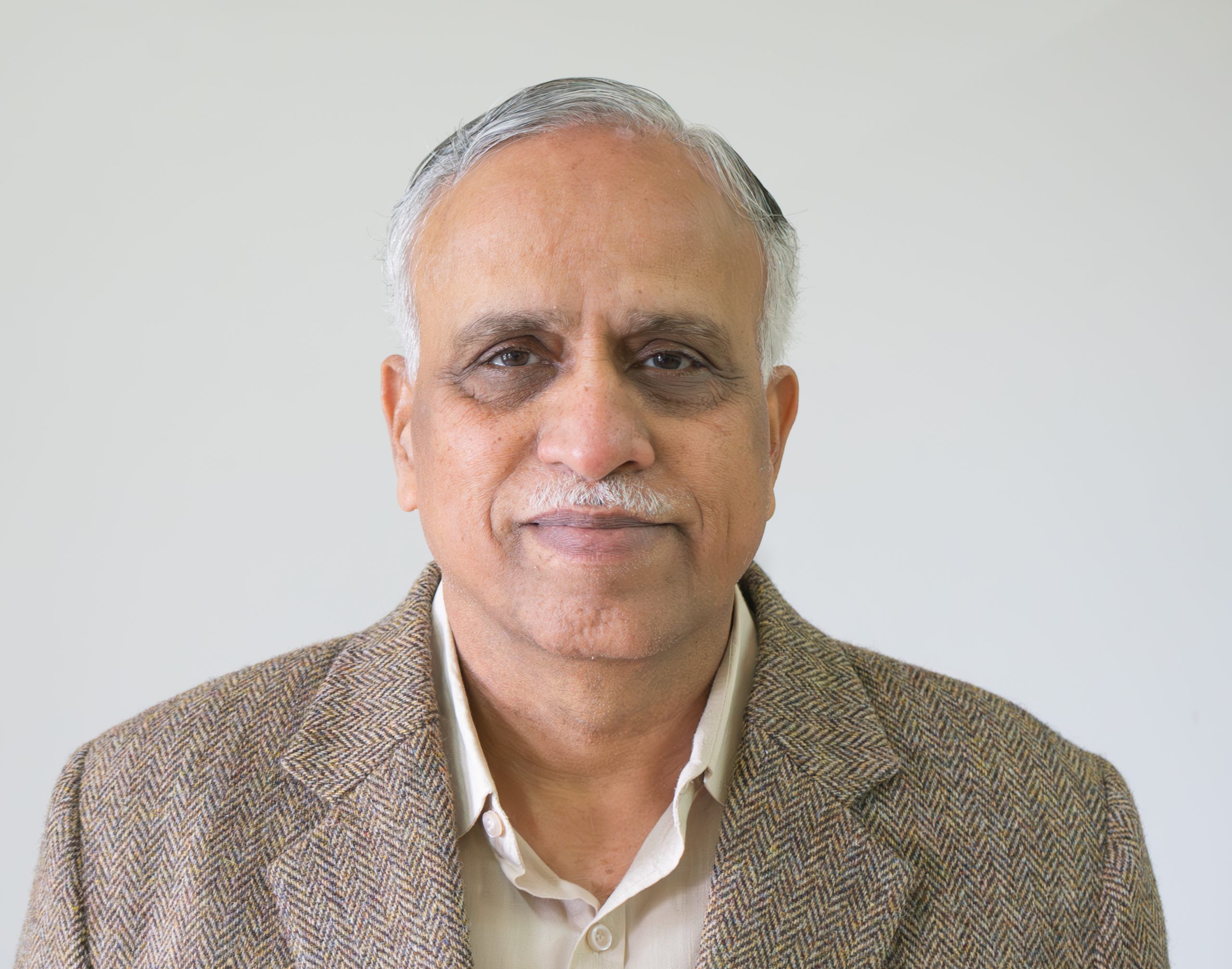For a Greener Tomorrow: Sustainability Education key to Mindset Change
– Professor Prakash Gopalan, President, NIIT University.
Climate change, deforestation, contaminated air, and water woes can be no longer relegated to the future. All these issues are here and impacting our lives in fundamental ways. However, India is in a unique position to emerge as a global leader in a necessary field eg- sustainability education.
The lesson of a sustainable future should start from our lecture halls, research labs, and campus communities and not wait till it is too late for the students to learn and contribute to sustain their degrading environment. India’s higher education institutions can act as powerful forces for this change. With millions of students enrolled in today’s higher education institutions, we have an unparalleled opportunity to create the generation that will become environmentally responsible leaders, innovators, and citizens, or Eco warriors.

Green Campuses, Real Learning
It’s high time we understand that higher education institutions are more than just the centres of rote learning or theoretical knowledge rather they are the hubs of innovation, leadership, and societal transformation. In an era marked by environmental crisis, it is no longer enough for universities to offer environmental science only as a course. Sustainable practices must become a core value that influences every facet of campus life, from curriculum and infrastructure to research and community engagement, making the future leaders understand the alarming proportions of neglect that our environment is facing. Curriculum should be aligned with UN’s Sustainable Development Goals.
Currently, sustainability education in many Indian universities is scattered and lacks depth. Although a few institutions have started offering environmental courses or launched green campus programs, these steps are often limited in scope and not fully integrated into the overall academic structure or are giving hands on experience in real world problems. As a result, engineering students often finish their degrees without considering how their work impacts the environment, business students may have little exposure to sustainable finance, and liberal arts students miss out on exploring how culture connects with environmental issues. This gap between the curriculum and real-world need for sustainability, is now becoming more evident across industries. Employers today, expect the graduates to not just bring the technical expertise, but also a good understanding of their responsibility towards their industry, environment and society. However, many recruiters find that students are often unprepared to tackle sustainability-related challenges in their fields. This disconnect highlights an urgent need for a more structured and comprehensive approach to sustainability education.
Universities must evolve beyond traditional academics to become vibrant hubs of sustainability in practice. Campus infrastructure should actively showcase renewable energy solutions, innovative waste management, and effective water conservation techniques. Students should experience these sustainable initiatives firsthand. From solar-powered residences to organic gardens that supply fresh produce to dining facilities. Such tangible examples not only deepen theoretical understanding but also motivate lasting behavioural changes that extend far beyond the campus boundaries.
Another vital aspect is that universities should prioritise the practice of interdisciplinary research that not only tackles the local environmental problems of their regions but also contributes to the global body of knowledge on sustainable science. Whether developing affordable solar technologies, creating sustainable urban planning models, or designing climate-adaptive agricultural systems, university research can drive practical solutions with immediate societal impact.
Education for Future Leaders
Sustainability-focused education has several benefits which extend far beyond environmental protection. As green thinking becomes essential across industries, academic institutions must lead by example. A simple yet powerful step is to eliminate paper entirely from some of our core processes like no paper in admission tests, or no paper in exams, or in results. Going fully digital is not just efficient; it reflects a genuine commitment to sustainability. If we expect students to take sustainability seriously, it must start from the top, with us. Students who are equipped with the right knowledge and skills for sustainability will be better positioned in today’s ever – evolving job market where green jobs are rapidly expanding. Be it renewable energy sector or sustainable finance, environmental consulting to eco-friendly product design, sustainability literacy has become a valuable professional asset in the industry today. Compensation of CEOs today is tied in with the Environmental and Sustainability Goals they has set for themselves and achieved.
This is not the time for slow and small steps. The higher education institutions of our country must recognise sustainability as a fundamental priority and prepare students not just for jobs, but prepare the ecological warriors to combat climate change in a world which is facing urgent environmental and climatic challenges. A future-ready education system is one that equips youths with the right mindset, correct knowledge, and required tools to drive change in any sector they choose to enter.
The opportunity is enormous, and our responsibility is even greater. By reimagining education through the lens of sustainability, Indian universities can shape a generation that does not just adapt to the future but helps lead it. The path forward must be bold, inclusive, and unwavering. A greener tomorrow begins in the classrooms, campuses, and conversations we nurture today.
Also Read: Environment Day: “Creating a green environment helps shape sensible human beings”

















Add comment